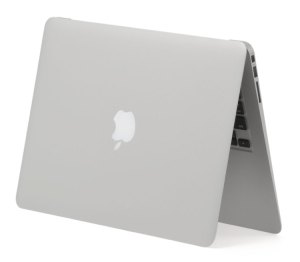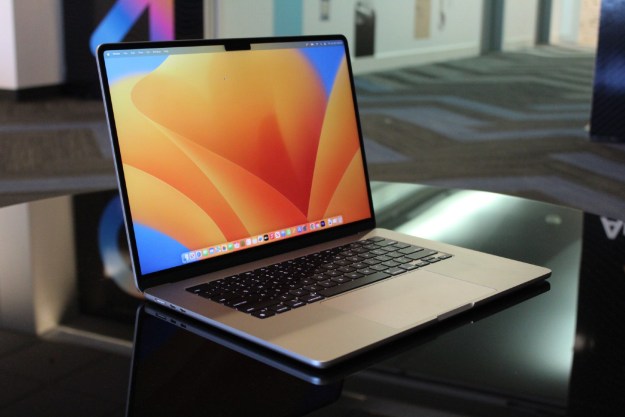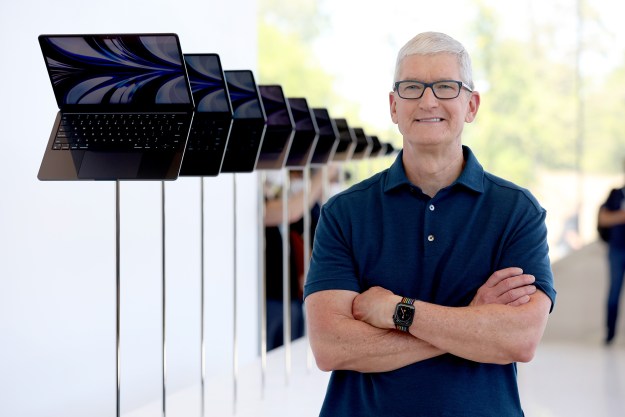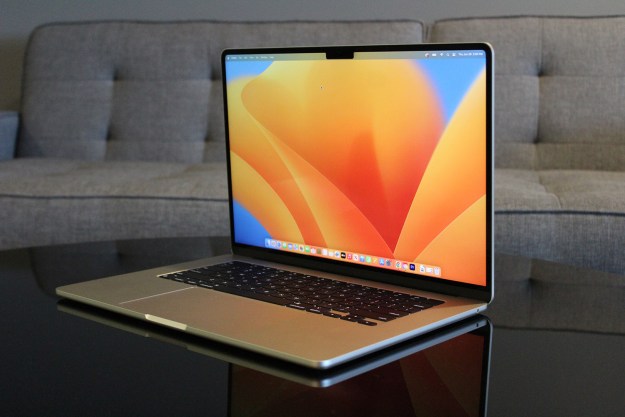 The partial closure of a factory in China due to environmental concerns could have an impact on the supply of Apple’s notebook computers.
The partial closure of a factory in China due to environmental concerns could have an impact on the supply of Apple’s notebook computers.
According to an FT report on Monday, the facility was closed by local officials following complaints by people living nearby of a strange odour, apparently coming from the factory.
The production plant, located in Suzhou province in eastern China, is operated by Taiwan-based Catcher Technology, one of the world’s leading manufacturers of metal computer casings. The company is a big supplier of the unibody aluminum cases used for Apple’s MacBook Air and MacBook Pro notebooks.
Speaking at a news conference, Catcher Technology’s president Allen Horng said, “Shipments to our customers will inevitably be affected. We already asked them to make adjustments to their (casings) procurement.”
The Wall Street Journal reported that Horng was unable to say how long the closure would last for, but that the company’s total shipments would fall by 20 percent in October and, if the situation continued, by around 40 percent in November.
Analysts have suggested that the other major supplier of metal computer casings, Foxconn, could receive an increase in orders as a result of the problem at Catcher Technology’s Suzhou factory, although it’s not clear by how much this would ease any strain on the supply chain.
On Tuesday Apple will release its third quarter financial results. Some analysts expect record figures to be announced, helped partly by healthy sales of the MacBook Air, which received a refresh in July.
Editors' Recommendations
- How Vision Pro tech could come to the Mac
- MacBooks could soon fall behind the iPad Pro in this important way
- Apple could fix the MacBook lineup with this one change
- How Nvidia and AMD could make Windows laptops feel like MacBooks
- Apple’s new M3 Macs could launch any day now, leak claims


